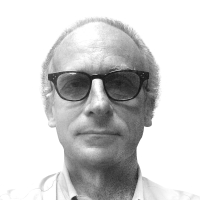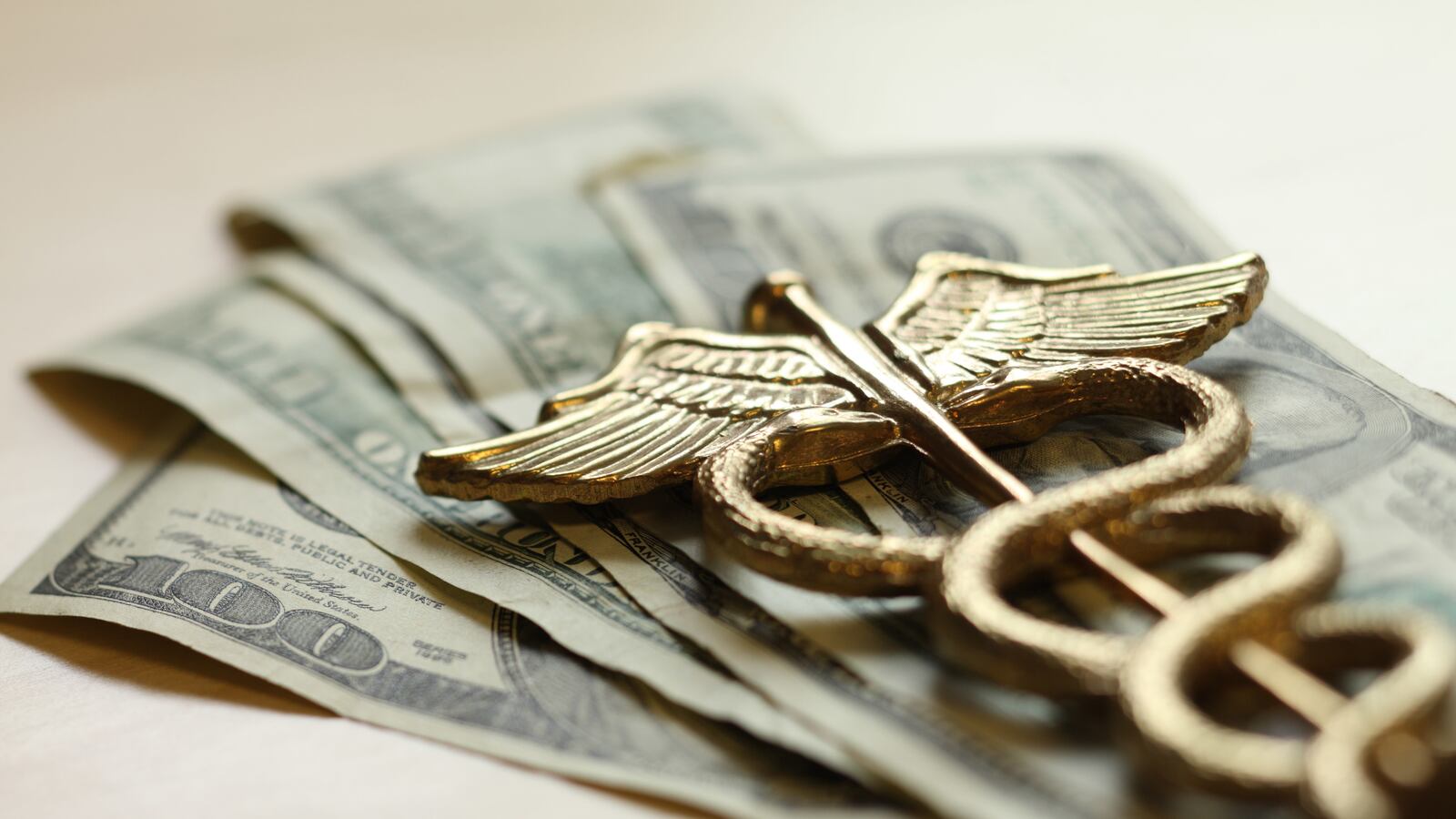America has flunked yet another health care test, finishing dead last in a Commonwealth Fund comparison of 11 industrialized nations across a wide range of health measures.

We are at the bottom of the barrel on just about every outcome one can measure, from lifespan after 60 years of age to care access—aka being insured—and having a regular doctor or place to be seen when sick or well. (The entire 32-page report, presented mostly in tables and big font, is here in pdf.)
Worse yet, the U.S. has been in last place on every Commonwealth Fund analysis since it first started looking in 2004; our losing streak stands at five consecutive iterations. And the Commonwealth Fund report is only one of many examinations of our national health and our cost effectiveness: In just about every report card, we are awful both in terms of health and in health care-bang for our health care-buck. The Institute of Medicine has found the same, as has McKinsey, Rand, and on and on. Not a single person, group, or impaneled commission has found anything but poor quality, especially for a country that spends on health care the way we do.
But it is not an exaggeration to say that the health care community in the U.S. is vibrant, that our innovation is unprecedented, that because of discoveries made right here in the U.S. of A., realistic hope for treatments against previously untreatable diseases is at an all-time high, that our medical training is the envy of the world, that patients with means fly to the U.S. for their various angioplasties and chemotherapy and hip replacements. They are voting with their feet on the high quality of care in the U.S. How, then, did we as a population fall so far off the rails?
The simple answer is that it is not simple. Certainly there is evidence that we have two types of health care—really good care for people with money, and mediocre at best care for those without. And this widening and immoral disparity surely may drag down our national numbers from the mediocre to the bad. But the economic explanation is not so simple, either. Yes, there is a compelling relationship between life expectancy and income here in the U.S. and worldwide. And the rising rate of poverty in the U.S., in the face of ever more people with loads of money, is certain to widen the health disparities between rich and poor.
But it is not necessarily lack of money alone that is exacerbating the problem. Poverty may appear to be the driver, but obesity, smoking, lack of access to a safe, empty field to run around, enough free time to exercise, and other risks for poor health abound among the less wealthy as compared to those on Park Avenue. Simply rejiggering the economic disparities would do little to undo the health disparities, at least for a long generation.
Plus, rich and poor, we are a fat country, a really fat country, with obesity rates of 35 percent or so, compared to the rest of the world at 11 percent. Regardless of income, McDonald’s ‘r’ us, as is KFC and Dunkin’ Donuts. Yes, we are trying to export our unthinkably shitty eating habits to every country as fast as we can, but the world has a long way to go to eat as poorly as we do. And we actually pride ourselves in our perverse self-destructive gluttony—meet the “Double Down,” which, as KFC proudly notes, sold 10 million in the first month. And then spawned a race to the bottom to find other foods that were even unhealthier.
And then there is the notion that good old corporate greed is behind the entire problem. All the Bigs need their financial cut: Big Insurance and Big Pharma and even Big Hospitals and Big Doctors. To stay profitable, goes the argument, we divert health care resources to shareholders, raising our cost per capita and dropping our healthiness. Those hopeful though that the Affordable Care Act, which addresses some of this concern, will solve the problem will be sobered to see that, in the Commonwealth report, Canada is almost as awful as we are in all measures of health—though it does provide the same crummy care at half the price.
Perhaps the most telling explanation for our continued poor national ranking in health care measures is the one suggested by Dr. Steven Woolf, who chaired the Institute of Medicine examination of the issue. As quoted in an interesting essay on the problem just published in The New Yorker, Woolf observed that “many Americans embrace rugged individualism and reject restrictions on behaviors that pose risk to health.” Americans don’t really like to take advice. Give advice? We are world leaders. But ain’t nobody gonna tell me what to do, goddammit. In other words, our view of health dos and don’ts resembles our squinting dismissal of other inconvenient scientific truths, such as global warming, vaccine efficacy, and the uselessness of antioxidants. Ladies and gentlemen, welcome to the flat earth.
The health and health care mess we find ourselves in is indeed enormous. Yet the dollars and the science and the need and even the delivery system are here, right under our noses. What is lacking, yet again, is any interest in accepting that reality is a real thing, not a subjective and pliant crowd-sourced shadow on the wall. And until we are willing to re-embrace the Age of Enlightenment, our cellar-dwelling national health will remain a national embarrassment.






